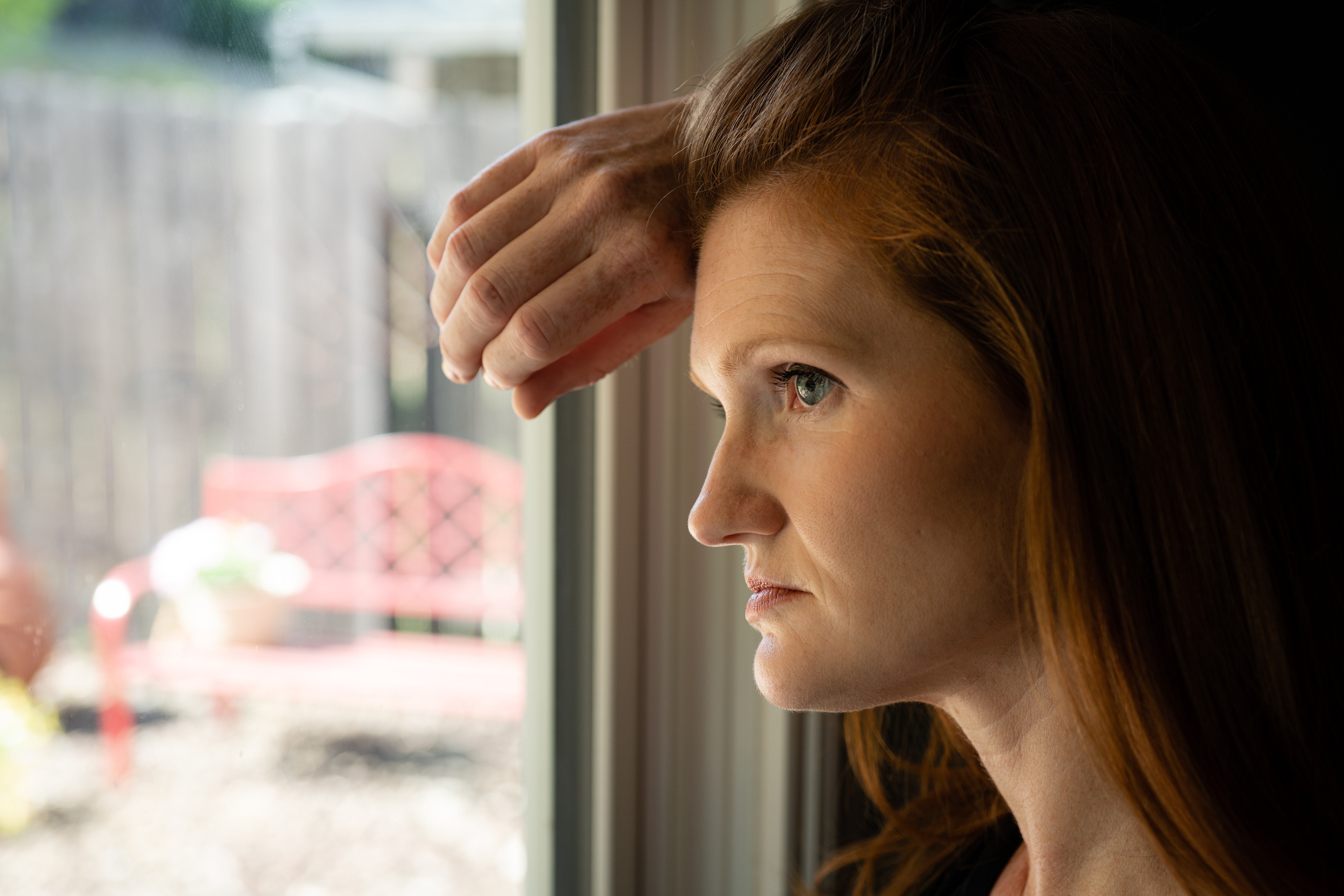When Death Occurs Before Birth: Coping With The Stillbirth Of My 34-Week-Old Baby
We were so excited to welcome our baby into the world. Little did we know.

Some of us might remember that an ancient Maya Prophecy had predicted the end of the World on 21st December 2012.
The deadline had passed without a whimper. My husband and I laughed as we leafed through the newspaper headlines, most of which were about this failed prophecy.
We discussed last-minute Christmas shopping as we awaited our appointment time in the obstetrician’s waiting room. I was 34 weeks pregnant with our first child. We were excited to welcome our son into the world soon.
But, precisely at 11:32 am on 23rd December 2012, in Bangkok, Thailand, this prophecy did come true.
Two days after the world was supposed to have come to an end.
Two days before Christmas.
Two weeks before my EDD — estimated date of delivery.
Two words that my Doctor uttered — "bad news" — ended our World that day.
“Bad news,” the Doctor repeated with a sense of finality. “There is no heartbeat. I’m so sorry.” His hands stopped moving over my distended stomach.
I was finding it difficult to breathe. “Try again! On another machine. Pump up the volume. It's a mistake."
Averting his eyes from my panic-stricken face, the doctor interrupted, “I’m afraid it’s not a mistake. The heartbeat has stopped. We need to proceed with delivery immediately to avoid any possible danger to your body. We don’t know how long it’s been since the baby died.”
“The baby died” — the verbal articulation of those words stirred up something in me. And then it came up unexpected, like a Tsunami and just as devastating. A sound so shrill and sorrowful, that I drowned in it as I howled for what seemed a lifetime.
It would be the beginning of many such lifetimes.
Numb with shock, we were taken to a delivery room to await my labor pains. The wall clock with a cute baby image ticked ominously as I swallowed the pills. My mind started hallucinating. So here I was in the maternity ward, excited about my first birth experience. I would be a mom soon!
All I had to do was to remember to relax, breathe and push. My bonny baby would wail and announce his arrival. My husband and I would welcome him into our lives.
Tears of exhausted happiness would cascade down my sweat-drenched face as I cuddled him against my breast for our first embrace. It would be our intimate moment — my baby and me. I would smother him with kisses as I stared at his gorgeous eyes.
A sharp pain jolted me from my balmy dreams. I looked around and absorbed my reality. But how was it possible for the labor pains to start so soon? The doctor had said it might take 7- 8 hours. It had only been an hour.
We rang the bell furiously as two nurses flew in. The spasms subsided as my body collapsed for a few seconds, only to be attacked by a much larger wave of pain. The final tsunami of agony engulfed every nerve in my body as the baby came out.
Dead.
I refused to look at what I had delivered.
The devastation reflected on all the faces in the room.
The nurses rushed out to get something, leaving three corpses in the room — my husband, our baby covered in a sheet on the bed, and me.
I was discharged from the hospital on Christmas. It was the day we cremated our firstborn.
The significance of that day wasn’t lost on my Christian husband as we put on our brave masks and walked out. The hospital was playing piped Christmas carols, but they might as well have performed the dirges.
As per my Hindu tradition, scattering ashes into flowing water is a symbolic way of unifying your loved one with the never-ending, infinite cycle of life.
But stillbirth is that cruel reversal of a life cycle, where you end up witnessing death even before there is a birth to celebrate. It defies our natural understanding of the natural flow of life — so much so that some cultures don’t even acknowledge a stillbirth as birth, despite the fact that a baby was growing in your womb, with a heart that had started to beat.
The confusion and silence around stillbirth make it even more difficult for families to heal from their grief.
My husband and I chose to acknowledge that living being in me.
After a heart-breaking electric cremation ceremony, we made our way towards the Chao Phraya, the largest river in Bangkok.
We emptied the ashes of our beautiful baby into that vast river and stared at the lapping waves of grief, saying hello, as they forced their way into our lives and stayed on as uninvited guests for quite a while.
Ruchi Sharma is an award-winning Creative Director, writer, and keynote speaker.

